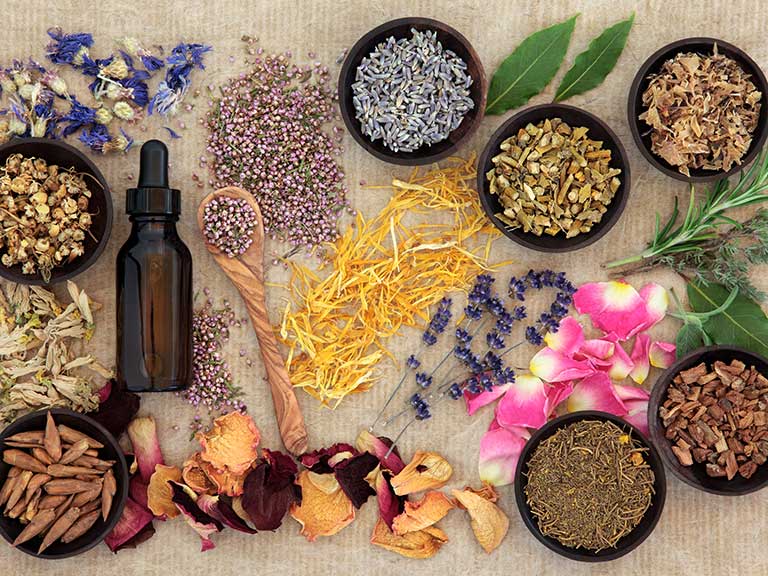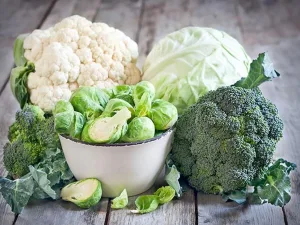Herbal supplements have been used for thousands of years, but their popularity has surged recently, partly due to social media platforms like TikTok. While herbs like ashwagandha, turmeric, and green tea are celebrated for their benefits, they are not without risks. A new study highlights that some of these popular supplements might be damaging to the liver.
Study Reveals Liver Risks from Popular Herbal Supplements
Researchers at the University of Michigan found that around 15.6 million U.S. adults, or 5%, have taken at least one potentially liver-damaging herbal supplement in the past 30 days. This study, published in JAMA Network Open, analyzed data from over 9,500 participants and focused on six herbal products identified as potentially hepatotoxic, including:
- Ashwagandha
- Black cohosh
- Garcinia cambogia
- Green tea extract
- Red yeast rice
- Turmeric (curcumin)
These herbs are known for their medicinal properties, but their safety is not guaranteed. Unlike pharmaceuticals, herbal supplements do not require FDA approval before hitting the market, and their regulation is minimal. This lack of oversight means that some herbal supplements can interfere with medications or cause adverse effects.
Potential Hepatotoxic Effects
The study found that approximately 58% of participants used some form of herbal or dietary supplement in the past month. Among these, about 5% reported using one of the six potentially hepatotoxic supplements. This translates to approximately 15.6 million Americans potentially at risk.
Dr. Alisa Likhitsup, the lead researcher, notes that the exact mechanisms behind liver damage from these supplements are not fully understood but may involve liver metabolism after consumption. The rate of liver injury due to botanical products has increased significantly in recent years, underscoring the need for increased awareness and caution.
Understanding the Risks
Dr. Rosario Ligresti emphasizes that while herbal supplements are often perceived as safe due to their natural origins, they can still pose significant health risks. The lack of stringent regulation means that these products might contain harmful ingredients or interfere with liver function, leading to serious health issues.
Safe Use of Herbal Supplements
Monique Richard, MS, RDN, LDN, advises working closely with healthcare professionals before starting any herbal supplements. She suggests focusing on a “food-first approach” by incorporating herbs like turmeric and green tea into your diet in culinary forms rather than as supplements.
“Consult your healthcare team to ensure that any supplements you consider are suitable for your health needs,” Richard recommends. “It’s crucial to be cautious and informed to avoid potential risks to your liver and overall health.”
Conclusion
While herbal supplements can offer health benefits, it’s essential to be aware of their potential risks. Always consult with healthcare professionals before adding new supplements to your routine to ensure they are safe and appropriate for your individual health needs.
#HerbalSupplements #LiverHealth #Ashwagandha #GreenTeaExtract #Turmeric #Hepatotoxicity #DietarySupplements #HealthRisks




+ There are no comments
Add yours